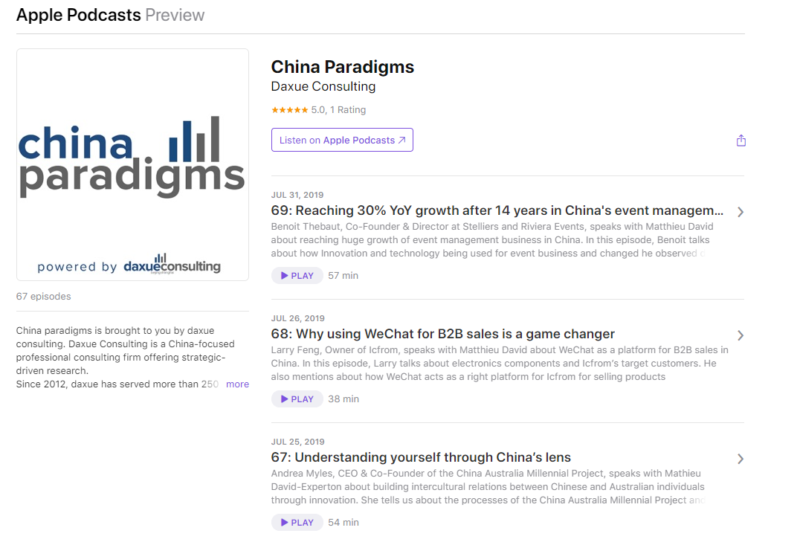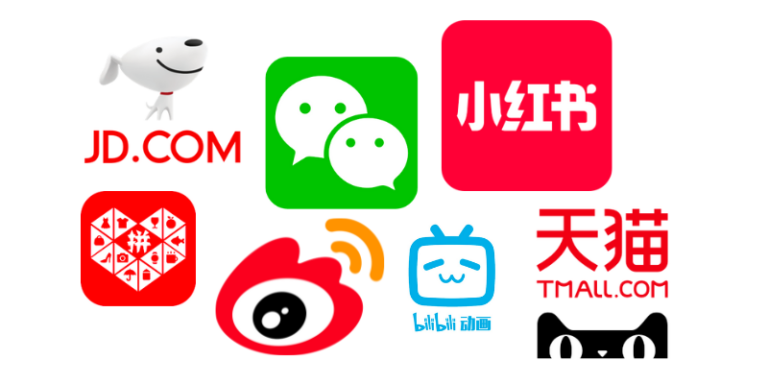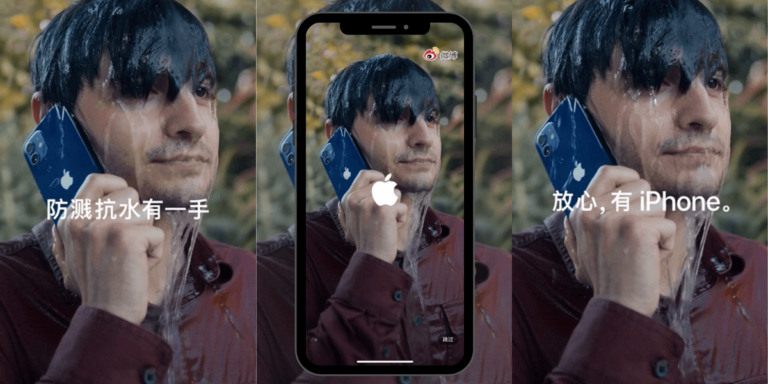What you should about the advertising industry in China
China’s new advertising law
In recent years, the advertising industry in China faced many problems caused by fraudulent advertisements. According to the former Chinese State Administration of Industry and Commerce (SAIC)—which after a general reshuffling of the national regulatory bodies in 2018 was integrated in the State Administration for Market Regulation (SAMR)—in the eight years spanning from 2007 to 2014 a total of 370,000 cases of illegal advertising were recorded, 30% of which were categorised as fraudulent. In 2014, there was 26,700 cases of false advertising in China. Therefore, after this eight-year trend, authorities decided to step up their efforts in dealing with illegal advertising practices. Crest, a branch company of the US-based conglomerate P&G specialising in oral hygiene products, bore the brunt of the new regulations put into place at the end of 2014.
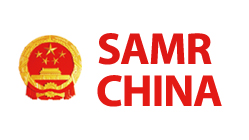
According to a report published by the Shanghai Administration for Industry and Commerce (SHAIC), which is the Shanghai watchdog for Advertising Law in China, Crest was fined because of a television advertisement showing the well-known Taiwanese celebrity Dee Hsu displaying marble-like white teeth. In the advertisement, it was claimed that the result was achieved after merely one day of using the company’s toothpaste. However, after this bold claim, the SHAIC conducted specific research and found out that the alleged whitening-effect of the toothpaste was none other than heavy computer graphic editing. For this reason, the company was found guilty of purposefully employing a fraudulent advertisement that violated China’s new advertising law.
Stricter advertising laws to protect customers in China
China’s Crest advertisement read as follows, “use Crest dazzle double effect whitening toothpaste for just one day and your teeth really turn white”. Because of this claim, which was deemed deceitful by the SHAIC; Crest was fined 6.03 million RMB ($958.000), the highest fine in the history of the advertising industry in China so far. The Shanghai Industrial and Commercial Bureau of Investigation motivated the decision to fine the company with the following statement, ” Toothpaste is generally intended for teeth cleaning and sometimes has anti-acid or desensitizing functions. Whitening is actually very difficult to accomplish”.

China’s new advertising lin detail
The revision of the Advertising Law of the People’s Republic of China(China’s New Advertising Law)was passed by the fourteenth plenary meeting of the 12th National People’s Congress (NPC) on April 24, 2015, and implemented on September 1st, 2015. China’s New Advertising Law is a major overhaul of the first version of the Chinese Advertising Law of 1994. The changes concern the expansion of the provisions from 49 to 75. Furthermore, changes and improvements to the legal liability of advertising bodies have been made, so that it would be easier for the regulatory authorities to identify deceitful advertising and hold companies accountable when they break the law. In particular, the New Advertising Law is believed to be a remedy for false advertising in China thanks to the following two breakthroughs:
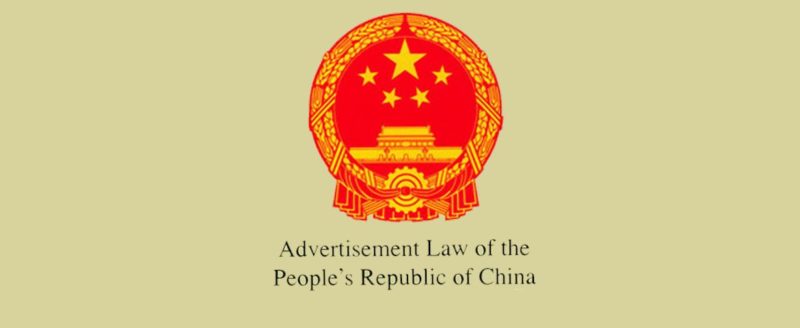
- A clearer definition of false advertising
Previously, in the old advertising law, there were only a few provisions for the definition of fraudulent advertisement. The new advertising law provides a very detailed definition of false advertising in China with five specified situations and, for the first time, with clarifications of what is considered fraudulent advertisement in China.
2. Heavier administrative penalty & civil responsibility
In China’s old advertising law, the advertising agent and publisher bore joint liability with the advertiser only when they designed, produced or published the advertisement with knowledge of the falsity of the advertisement.
However, with the new law in place, the advertising agent in China, publisher or endorser must bear joint liability with the advertiser, particularly in the case when a false advertisement is published for commodities or services which cause damage to consumers’ life or health, even if the agent, publisher or endorser is not at fault or negligent.
New costs in, old costs out. Crackdown on false advertising in China
To comply with the new advertising law, firms, previously reliant on misleading or false advertising, now must factor in the risk of incurring in significant fines. In fact, the new law greatly increases the penalties for false advertising in China. However, it is not fully clear yet how effective the new regulations will be on most large companies, which can easily absorb large fines without incurring in a market loss. On the other hand, the new advertising law helps companies reduce market entry costs. In fact, the 1994 version of advertising law required the advertising agent to undergo the process of company or advertising management registration before conducting advertising activities. This provision is completely absent in the new advertising law, which means that the modification further reduces government intervention in the Chinese advertising market by virtually eliminating market-entry costs.
Small e-Commerce shops of personal care products face big reform
As hinted before, one of the risks related to the new Advertising Law in China is that big brands will not be affected by the new regulations as much as small firms, which have limited capital. In fact, small companies may find themselves particularly vulnerable to the relatively large fines that the SAMR will impose for false advertising in the Chinese advertising market. Therefore, many online shops specialised in personal care products, for example, are likely to be affected by the new advertising law in a way that it will become increasingly difficult for them to compete with big companies. The result may be that of a general decrease in market competition and the emergence of a quasi-oligopolistic advertising industry in China where only big brands can afford to publicise their products.
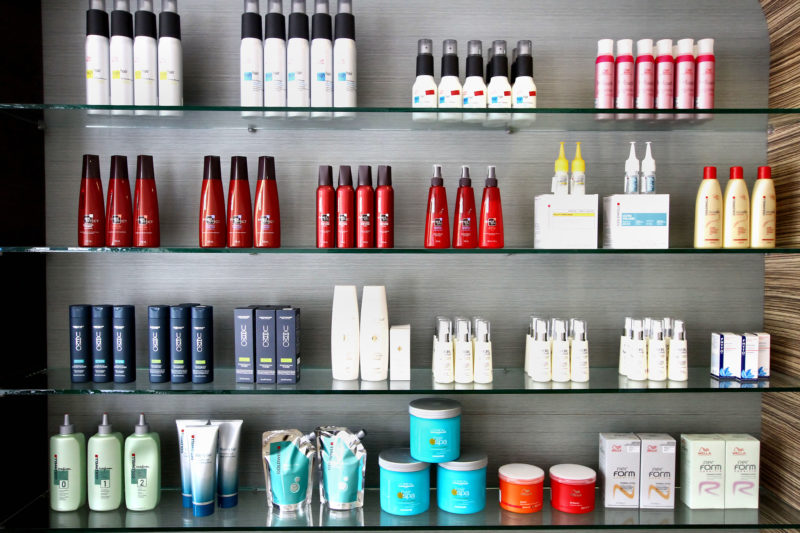
New Taboo words in the Advertising Industry in China
Although in the updated guidelines, China’s new advertising law prohibits the use of superlative expressions, like “state-level”, “highest level”, and “the best”, just like in the 1994 version, the online commerce sector has reacted with panic to the increased penalties ranging from 200 thousand up to one million RMB. For example, as early as January 1, 2015, Taobao launched an “identification of information inconsistent with the reality and rules of punishment and implementation details” for Taobao sellers. It stated that words such as “highest, lowest, best, hottest,” as well as advertising inconsistent with the actual effect, will be subject to an appropriate “legal process” and listed a detailed approach.
The effects of the new advertising law on specific products
In addition, moisturizing, whitening, firming, anti-acne, and other common adjectives regarding the efficacy of cosmetics will be difficult to freely advertise in terms of describing the products effectiveness. In fact, the new advertising law also stipulates that advertising spokespersons shall not make recommendations or testimonials on products they have not used or services they have not received, which implies that men can no longer endorse female cosmetics and care products and vice versa.
New rules for children in the advertising industry in China
Lastly, the new advertising law addresses also the employment of minors for advertising purposes. In fact, now, children under ten years old are no longer allowed to work as advertising spokespersons. This change in advertising policy will be particularly impactful for popular reality TV shows like “Dad, where are we going”, which in China made many kids celebrities. In this specific reality show, some kids were able to earn up to 150 thousand RMB per day simply through endorsements of brand products.

Pros and cons of the new advertising law
China’s new Advertising law addressed some of the systemic problems that have been affecting the advertising industry in China for years. Clearer definitions of what is regarded as a fraudulent advertisement in China, more precise regulations on the assignment of the legal responsibilities and financial liabilities and the regulation of endorsement practices will certainly be beneficial for the transparency of the industry and the protection of customers’ rights. That notwithstanding, some of the new regulations, like the harsher fines, risk penalising small and medium businesses more than large ones, thus creating an almost paradoxical reduction in market competition. For this reason, companies that intend to enter the Chinese market should pay great attention to how the new advertising law will affect their business.
Let China Paradigm have a positive economic impact on your business
Listen to China Paradigms Podcast in iTunes
